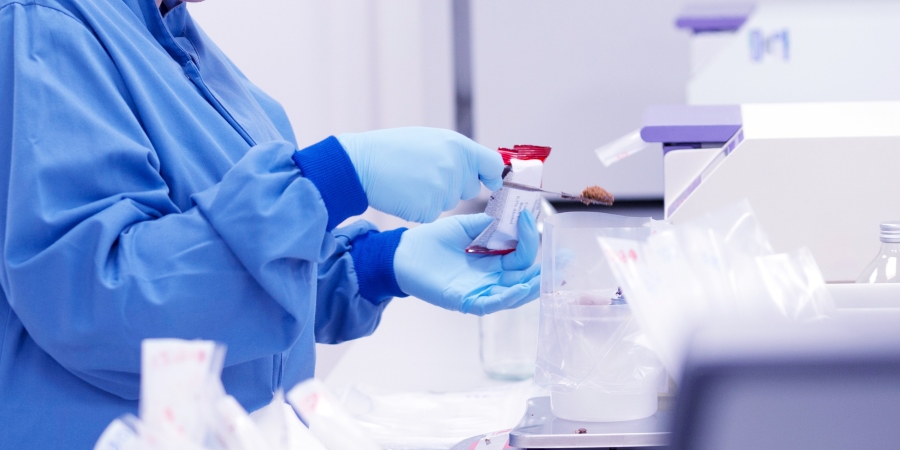New research has revealed that in the past 12 months, technical expertise in nutrition, science and regulatory affairs was increasingly used to shape food and beverage innovation at an earlier stage in the product development process.
In a report released by Leatherhead Food Research, it has been shown that there has been a notable shift towards consumer and technical expertise driving innovation and development, rather than simply supporting or validating it.
In its annual trends report, Leatherhead draws on insights from food and beverage organisations including large corporations and start-ups as well as regulatory authorities and associations connected to the industry.
The organisation believes this is a response to the complex and dynamic issues facing the sector. From consumer empowerment to sustainability concerns and regulatory matters surrounding public health and product labelling, the scope and scale of industry challenges calls for a different approach to innovation.
“The sector is in the throes of a perfect storm – even three years ago nobody could have predicted its ferocity.”
Mark Butcher, commercial director at Leatherhead, said: “The sector is in the throes of a perfect storm – even three years ago nobody could have predicted its ferocity. Innovation is still vital, but it needs to be purposeful, focused and agile enough to adapt to multiple evolving demands.”
Butcher continued: “We predict that in the coming months and years, the most successful food and beverage brands will put scientific, technical and regulatory expertise right at the heart of business growth, on an equal weighting with consumer, innovation and marketing functions. Essentially, consumer and technical expertise will become the starting point of the development process, ensuring new ideas satisfy market requirements and timelines.”
Leatherhead’s report suggests that this new model demands cohesive, cross-functional teams, with a need to work collaboratively to anticipate global trends and regulatory changes.
“It is possible to unpick difficult challenges, such as boosting consumer trust while improving profitability – these don’t have to be mutually exclusive goals,” said Butcher. “However, decisive action needs to be taken, and sooner rather than later. It’s about creating the time and space for cross-functional teams to look at the bigger picture, investing in science and applying a global perspective to decision making early on in the innovation process.”









